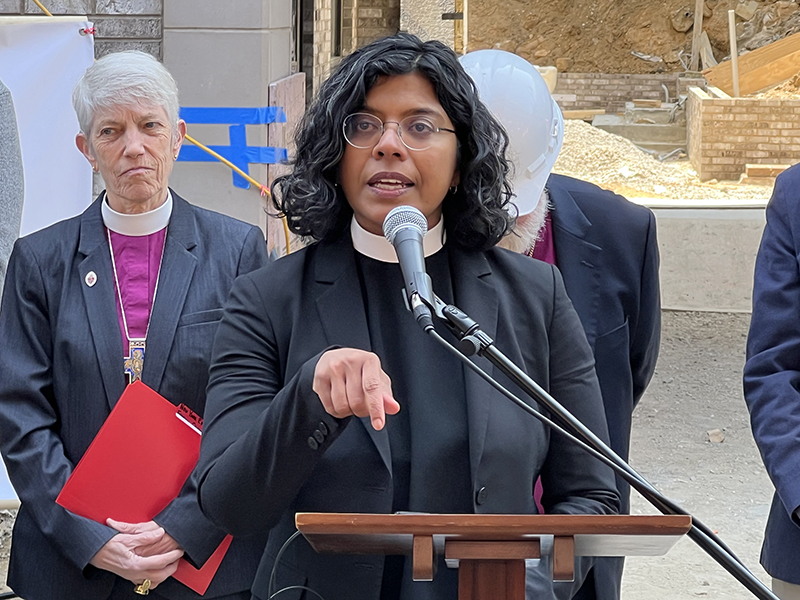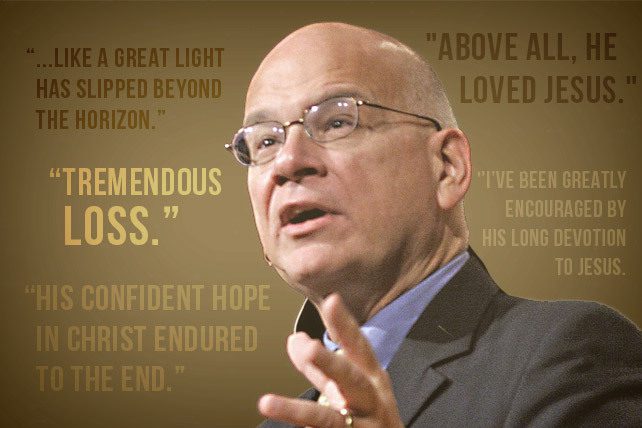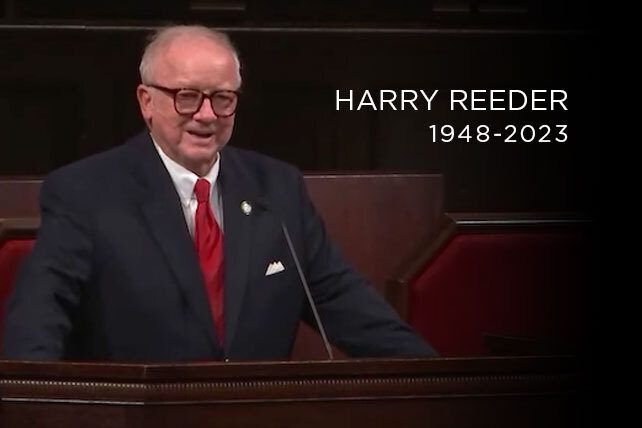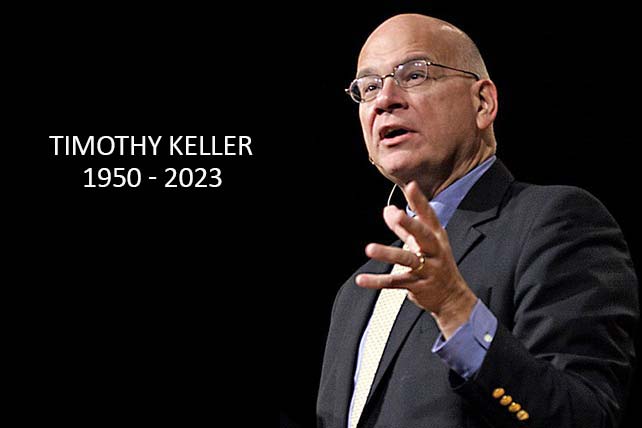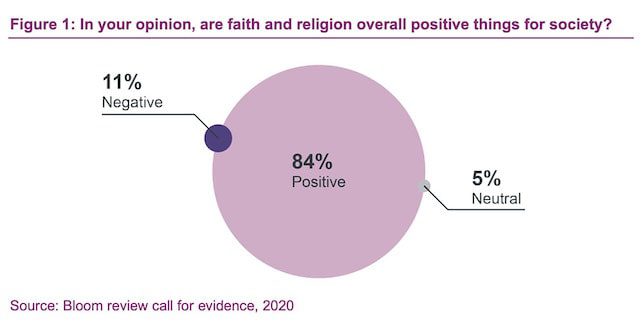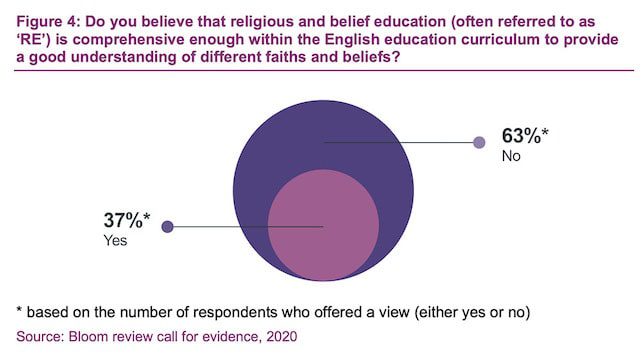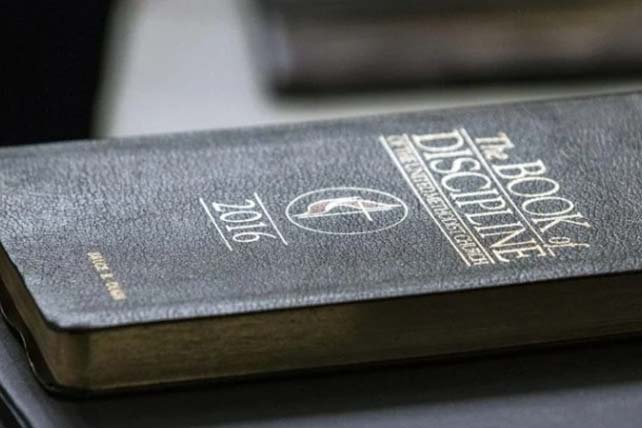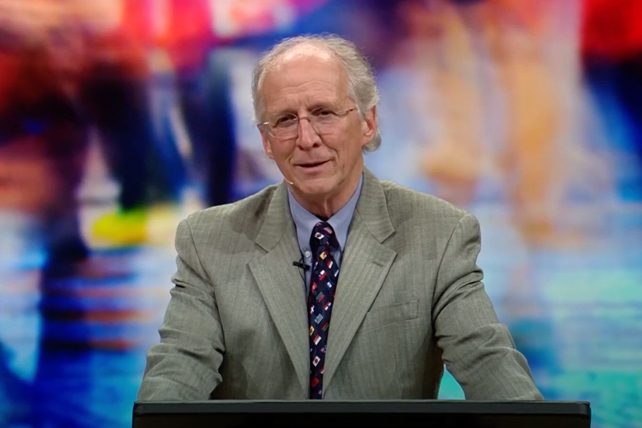The true Gospel is more than the “first step in a staircase” of truths. It is better likened to the hub of a wheel, the central reality around which all of life is arranged. It is not a basic truth from which we move on to deeper truths, but is the central truth from which all other truth flows. Whether you are just beginning to investigate Christianity, or are a life-long follower of Christ, the Gospel is the one, single thing you must grasp if your life is to be all God designed your life to be. Without the Gospel, life becomes distorted in many, many ways. With the Gospel, life is set to a path toward beauty and wholeness.
So what is the True Gospel?
The hard news of the true Gospel is that the universe and everything in it is wearing down all the time, and we are more sinful and broken than we realize. The freeing news of the Gospel is that God, through the person and work of Jesus, plans to restore both the universe and his people to their original beauty and glory. Following are three big truths of the Gospel—truths that are foundational for all other teaching about faith and life.
FIRST TRUTH OF THE TRUE GOSPEL
GOD WILL RESTORE ALL BROKEN THINGS
The core truth of the Gospel is that through Jesus, the love and power of God have entered history to make all things new. This renewal includes the hearts of people, but also much more. God intends to renew the entire universe. He will restore people, places, and things to their original, ‘very good’ condition as described in Genesis 3. The Bible tells us the world is not the way it is supposed to be. Because of this, people and creation itself groan in anticipation of all things being made new again—restored to their original beauty and wholeness before sin entered the world (Romans 8:18-25; Revelation 21:1-5).
What does this mean? It means that life in the present world can include seasons of joy and splendor (a satisfying friendship or romance, a new car, straight A’s, an athletic victory, a delicious meal, beautiful music, etc.). But there is also much of life that is broken and difficult (frustration in work, pain in relationships, financial strain, sickness, death). In spite of the fact that all things eventually break down, even in the worst of circumstances, those who live inside the Gospel can also live with hope (2 Corinthians 4:7-18, 12:7-10). Though things aren’t perfect now, it will all be made right when God renews all things.
There is also room for a kind of redemptive discontent for those who believe the Gospel. Think of the last improvement project you set out to complete (remodeling a kitchen, dusting off furniture, weeding a lawn, strengthening a relationship, healing an illness, getting a haircut, editing an essay, etc.). Both the frustration you felt before the work was done (this isn’t how it’s supposed to be…it could be so much better!), and the sense of satisfaction you felt when the project was completed, are glimpses of God’s image working in and through you. He is a God who eagerly desires, as the rock band U2 sings, to “make beauty out of ugly things.”
SECOND TRUTH OF THE TRUE GOSPEL
GOD WILL RESCUE A PEOPLE FOR HIMSELF, BY GRACE AND THROUGH FAITH
At the center of the Gospel is not a list of ideas, rules, commands or propositions, but a Person. That Person is Jesus Christ, who, being in his very nature God (Philippians 2:6; 1 John 5:20), took on human flesh to bridge the otherwise insurmountable gap between the holiness of God and the sinfulness of humanity (Isaiah 6:1-7).
Religion focuses on behavior (“You won’t be accepted unless you perform and keep our rules and embrace our cultural norms”).
Irreligion focuses on personal autonomy (“You can be happy apart from God’s rule in your life”).
But the Gospel focuses on personal trust in God’s heroic rescue. The average person believes that a Christian is someone who follows Christ’s teaching. But the Bible says this is impossible. You don’t rescue people unless they are in a perishing condition and are unable to recover themselves. For example, how many times have you seen a corpse do CPR on itself?
Jesus, knowing the helplessness of the human condition (Genesis 6:5; Ephesians 2:1-10) gave himself as a sacrifice for those who would place their trust in his gracious gift—a gift both unmerited and unearned by us. What was this gift? His life. Jesus came, lived a perfect life, and died a sacrificial death, not to buy us a second chance but to stand in our place as our substitute. Everything we needed to do to achieve peace with God, Jesus did for us—in our place and on our behalf. He died the death we should have died so that we would never be condemned (Romans 3:23-26), and he lived the life we should have lived so that God would declare us blameless and lovely in his sight (2 Corinthians 5:21). Because of what Jesus did as substitute, those who trust in and receive his free gift can truly say, “As far as God is concerned, everything that’s true about Jesus is true about me. God regards me as blameless and beautiful. He loves me as much as he loves Jesus. He gives me credit for the good that Jesus did, and he puts all the blame on Jesus for the wrongs I have done and will do.”
The Christian Gospel gives us a “who,” not just a “what.” Christianity is not something that we do as much as it is a Person we trust—the doing merely flows out of the trust. Jesus lived the life we should have lived, and Jesus died the death we should have died. It is on this basis alone (John 14:6) that anyone can stand blameless and fully accepted in the sight of God. The Reformer Martin Luther likened all people to a caterpillar caught in the middle of a ring of fire. For us, just as for the caterpillar, the only hope for deliverance is rescue “from above.”
THIRD TRUTH OF THE TRUE GOSPEL
GOD WILL PERFECT AND BEAUTIFY HIS PEOPLE—EVERY LAST ONE OF THEM
Returning back to the first point above, it is not only God’s plan to rescue his people, but to start them on a life-long journey of becoming restored to their original beauty, to reflect his image in all of its radiance, perfection, and glory. Believers in the Gospel of Jesus Christ will one day actually be like God in their character, way of life, and deepest, most fundamental desires (1 Corinthians 13:8-12; Ephesians 4:24). This will happen in the New Heaven and New Earth, where there will be no more death, mourning, crying, or pain (Revelation 21:1-5).
So the Gospel is a healing journey that leads us to a life-giving and abundant destination. It is a journey that we do not embark upon alone, but alongside others who share with us a common trust in Jesus. As fellow sojourners, we are here to help each other along toward the destination of knowing and becoming like Jesus, having first been with Jesus and having first enjoyed the riches of his mercy, lovingkindness, and grace. In this life, God’s ultimate purpose for us is to shape us, to renew us, to re-make us into Christ-like people. This is therefore to become our goal and vision for our own lives, and it enables us to see everything that happens to us, even suffering, as a tool in the hands of God to artistically mold us into the beautiful workmanship he intends for us to be and to become (Ephesians 2:10).
This article originally appeared here.






